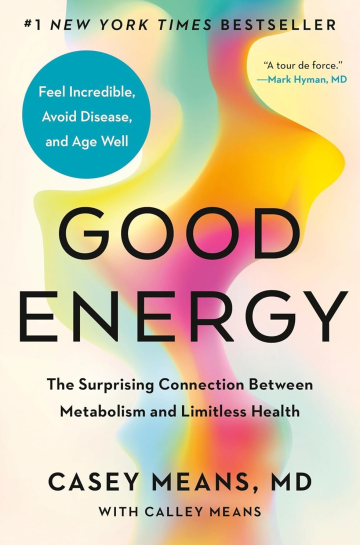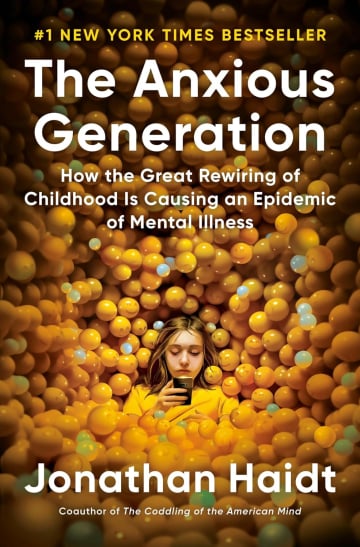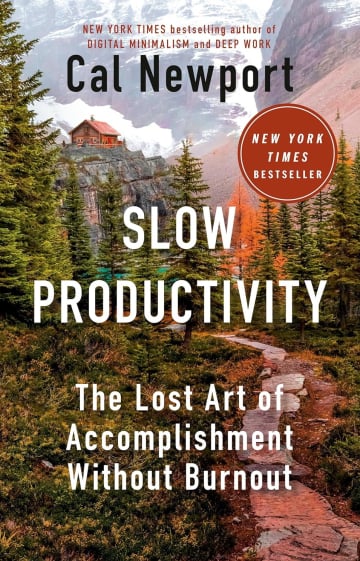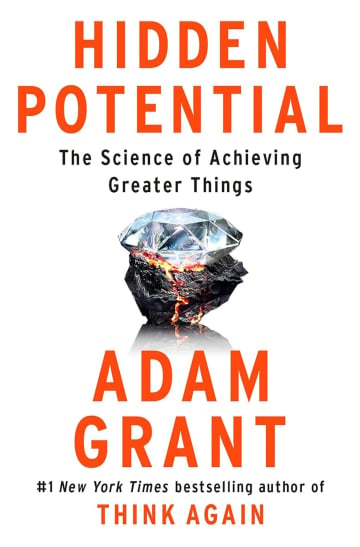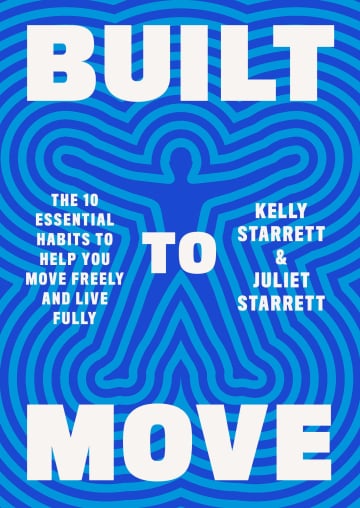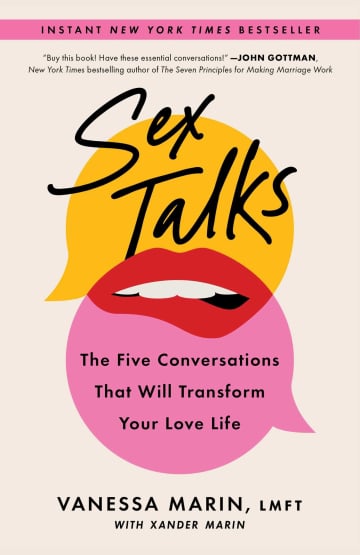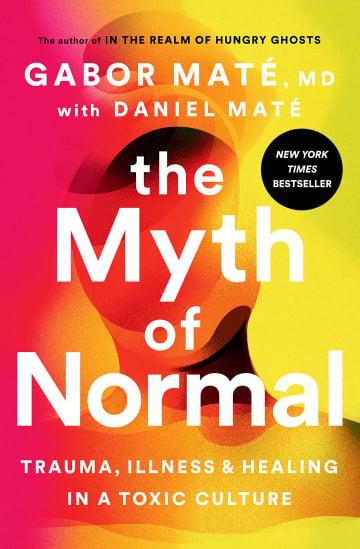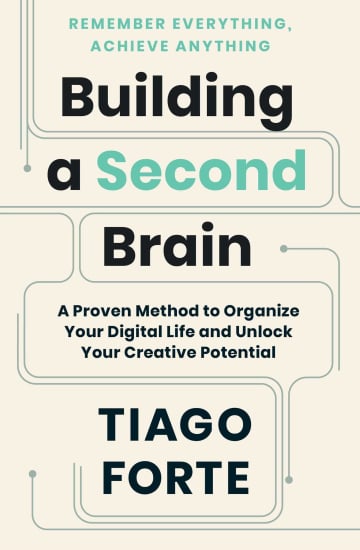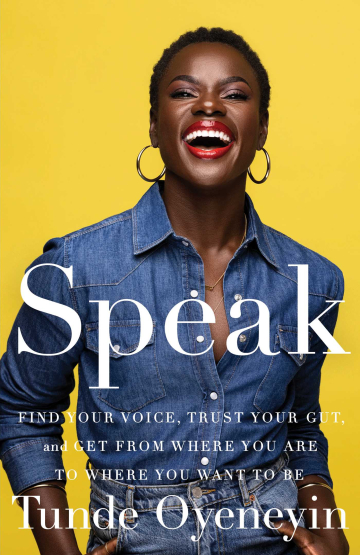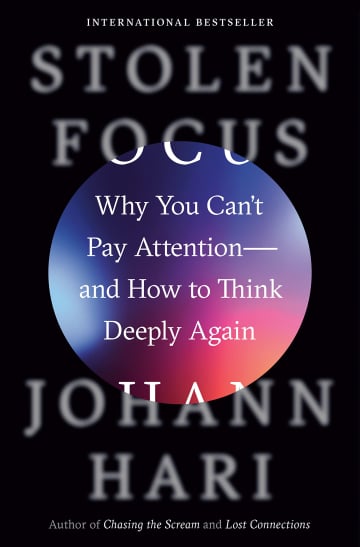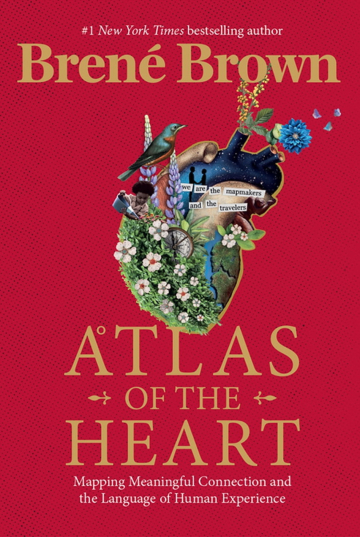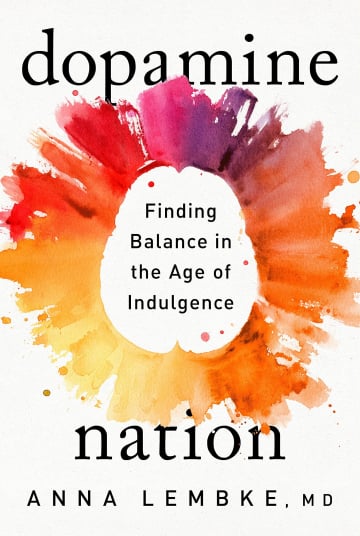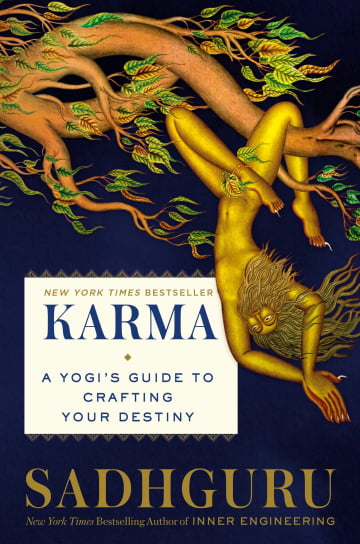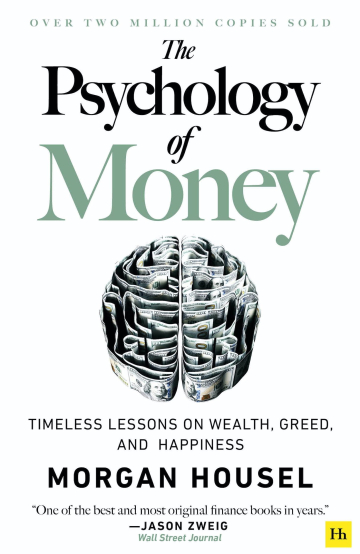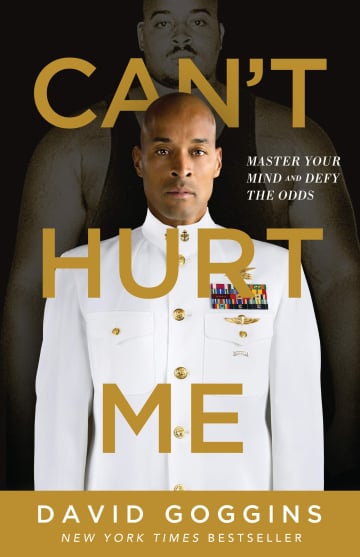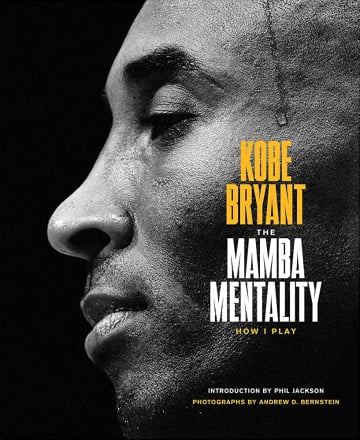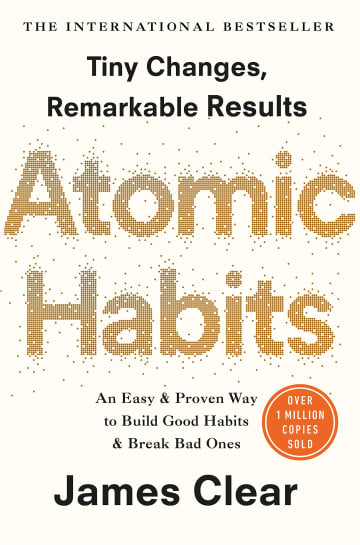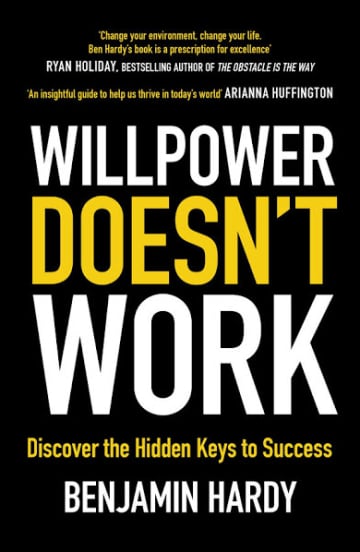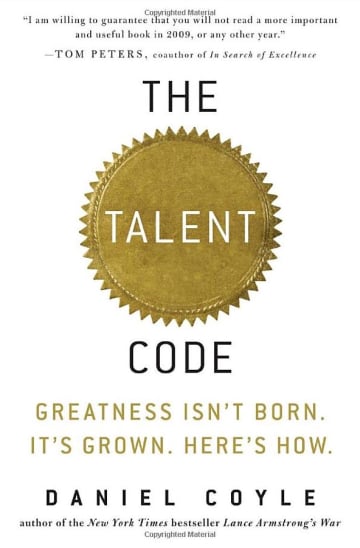
The Talent Code: Greatness Isn't Born. It's Grown. Here's How.
⚡️ 10 Quotes from the book
“The talent code is built on revolutionary scientific discoveries involving a neural insulator called myelin, which some neurologists now consider to be the holy grail of acquiring skill.”
“Deep practice is built on a paradox: struggling in certain targeted ways—operating at the edges of your ability, where you make mistakes—makes you smarter.”
“Every human movement, thought, or feeling is a precisely timed electric signal traveling through a chain of neurons—a circuit of nerve fibers.”
“To write a book, even a tiny one, is to play a particular kind of game. Rules must be formed and obeyed. Characters must be conceived and constructed.”
“Consider the pattern of actions that Ken describes. The space and shape of the pool constrain his efforts and narrow his focus to certain flashes, to certain connections that are either made or not made. It's fly high or fall hard: there are no gray areas, no mushiness.”
“Ignition is a strange concept because it burns just out of our awareness, largely within our unconscious mind. But that doesn't mean it can't be captured, understood, and used to produce useful heat.”
“We usually think of passion as an inner quality. But the more I visited hotbeds, the more I saw it as something that came first from the outside world. In the hotbeds the right butterfly wingflap was causing talent hurricanes.”
“One of the interesting things about deep practice is that it feels indistinguishable from shallow practice, something Bjork calls the “illusion of competence”.”
“To understand myelin is to understand that the Reading Wars should not be a war. Students need both to succeed.”
“When we are younger, we build myelin easily. As we age the overall balance shifts toward degeneration, but we can keep adding myelin. Even when the myelin is breaking up, we can still build it, right to the end of our lives.”
Related videos
Follow the author

Daniel Coyle, a New York Times bestselling author from St. Louis, Missouri, advises high-performing organizations such as the Navy SEALs, Microsoft, Google, and the Cleveland Guardians. He is a contributing editor for Outside Magazine and a special advisor to the Cleveland Guardians. Coyle won the 2012 William Hill Sports Book of the Year Prize (with Hamilton).
Other books by Daniel Coyle
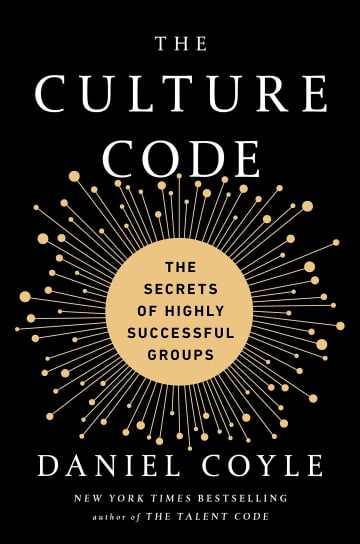
Publications
New Scientist: What is the secret to acquiring talent?
MeaningfulHQ: Daniel Coyle : The Talent Code (audio interview)
Ask Albert:
Rate the book
⚡️ Discover Even More Bookish Wisdom
recommends
